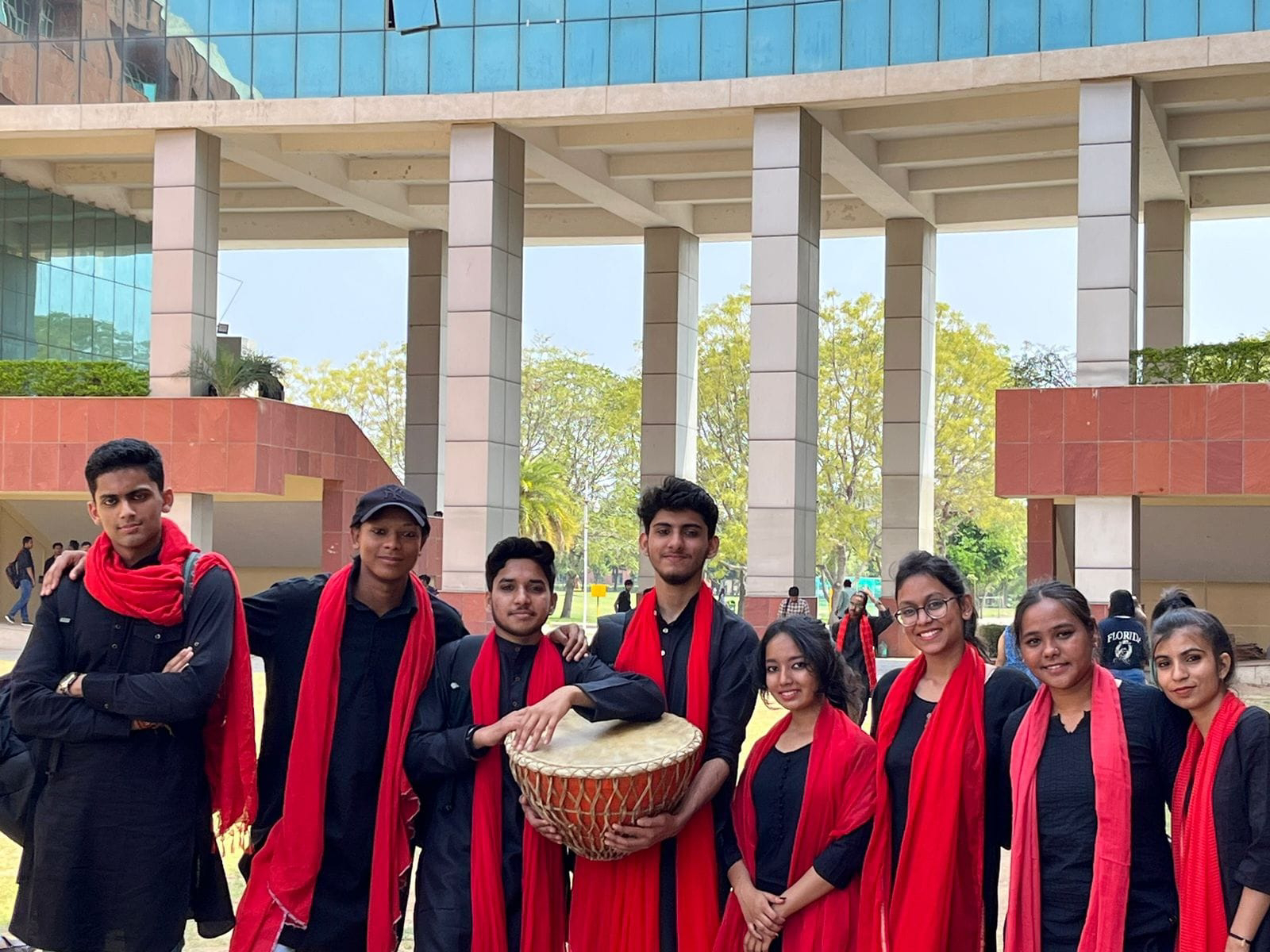Avishka Thadani
Trees – Saviour of Earth
The Chipko movement was a significant environmental movement that started in the early
1970s in India. The movement was focused on protecting the natural resources of Uttarakhand,
which were being threatened by deforestation, mining, and other harmful practices. One of the
most significant aspects of the Chipko movement was the use of street plays, or nukkad nataks,
to spread awareness and mobilize people.
Street plays were an effective tool in the Chipko movement because they allowed activists to
reach out to a large number of people in a creative and engaging way. The plays were
performed in public places such as markets, bus stands, and village squares, where they could
be seen by a wide audience. The plays were usually short, dramatic performances that
incorporated traditional folk culture, music, and dance, making them both entertaining and
informative.
A similar street play/nukkad natak was organized by Amity University Rajasthan at Kant village
which aimed at educating people about the importance of protecting the forests and the impact
that deforestation would have on their lives. The nukkad natak also highlighted the social and
economic benefits that forests provide, including sources of food, fuel, and medicine, and
emphasized the need for their preservation.
In addition to educating people about the importance of environmental preservation, the nukkad
natak on the Chipko movement also had a significant impact on mobilizing people. They
inspired people to come together and join the movement, creating a sense of unity and
solidarity. The plays also helped to strengthen the local culture and traditions, which had been
threatened by the process of modernization.
Overall, the nukkad natak conducted on Chipko movement played a crucial role in raising
awareness about the importance of environmental conservation and preserving natural
resources . They were successful in mobilizing people, creating a sense of unity and solidarity, and inspiring individuals to take action. The use of street plays as a tool for social and
environmental change remains relevant today, as it continues to be an effective way to reach

Comments
Post a Comment